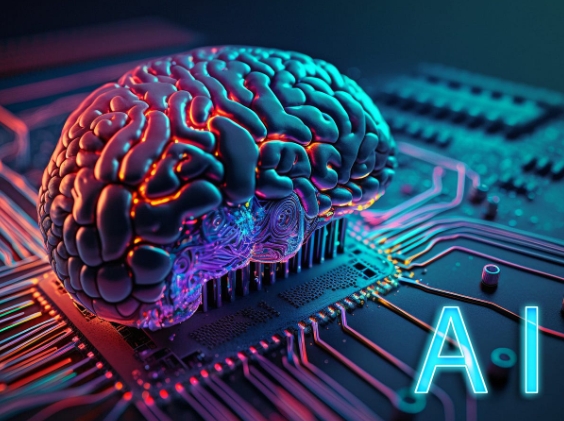Artificial intelligence (AI) is a field of computer science that focuses on creating machines capable of performing tasks that typically require human intelligence.
What is Artificial Intelligence?
AI is the simulation of human intelligence processes by machines, such as learning, reasoning, problem-solving, perception, and language understanding.
Types of AI
There are two main types of AI: narrow (or weak) AI and general (or strong) AI. Narrow AI is designed to perform a specific task, such as speech recognition or image classification. General AI, on the other hand, is a more advanced form of AI that can perform any intellectual task that a human can.
Machine Learning
Machine learning is a subset of AI that focuses on teaching machines to learn from data. By analyzing patterns in data, machines can make predictions and decisions without being explicitly programmed.
Deep Learning
Deep learning is a type of machine learning that uses artificial neural networks to model complex patterns in large amounts of data. Deep learning is used in applications such as speech recognition, natural language processing, and image recognition.
Ethical Considerations
As AI becomes more integrated into society, there are growing concerns about issues such as bias, privacy, and job displacement. It is important for developers and policymakers to address these ethical considerations to ensure that AI is used responsibly.
Applications of AI
AI is being used in a wide range of industries, including healthcare, finance, transportation, and entertainment. Some examples of AI applications include autonomous vehicles, healthcare diagnostics, and customer service chatbots.
Conclusion
Artificial intelligence is a rapidly evolving field with endless possibilities. By understanding the basics of AI, beginners can appreciate the potential of this technology and its impact on society. As AI continues to advance, it is important for everyone to stay informed and engaged with this exciting field.

